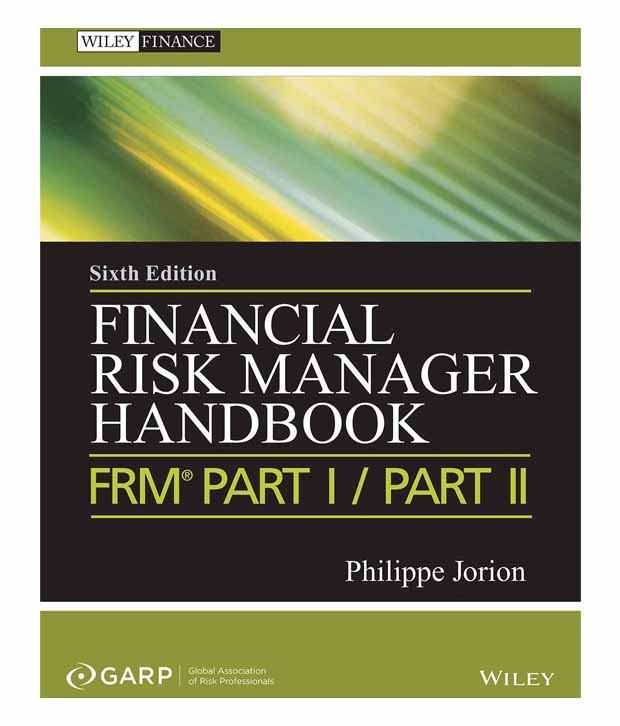
#Financial risk manager courses how to#
Learn how to manage counter-party risk and how to calculate CVA, DVA, KVA and XVA.Find out how to measure and manage credit risk and discover what credit default swaps are and how to use them.Engage with an experienced insurance executive around the principles of risk management in insurance markets.Discover how to manage risk in complex and derivative portfolios, and the strategies and techniques to manage exotic risks such as climate change risks.Understand nonparametric and Monte Carlo VaR models, and how to apply scenario analysis and stress testing.Learn about risk measures such as expected short-fall and Value at Risk (VaR) and how to apply them.


Assess risk management practices and frameworks and apply them to real-world industry contexts.You emerge from the programme with the understanding and the refreshed capabilities to: Imperial’s Risk Management programme challenges you to think critically and creatively about risk.

Your learning is enriched by insights from faculty, industry leaders and real-world case studies that help translate concept into practice. Part of the Imperial Finance & Strategy Programme portfolio, this immersive 5 day course integrates live interactive sessions with Imperial College Business School professors and peers from a broad diversity of backgrounds and geographies. And to build the practical tools and frameworks to measure and hedge those risks, to bolster your future performance in these unpredictable times. The Imperial Risk Management programme is expertly designed to help you spot potential financial, corporate, societal, and environmental risks facing your organisation. This Specialization is also an excellent opportunity for professionals interested in Fuqua’s master’s programs to get an inside look into Fuqua’s faculty expertise and courses.There has never been a time of greater uncertainty, change, and volatility. The fourth course will teach you how to use R programming to calculate the return of a stock portfolio as well as quantify the market risk of that portfolio.

The third course transitions to an analysis of blockchain technologies, where you will learn how to identify opportunities to disrupt and innovate business models using blockchain as well as avoid poorly executed applications of blockchain to business. Cap tables will help you explore different financing strategies for your startup company and determine which financing decisions are best for your entrepreneurial venture. The second course will teach you how to manage a startup’s financing strategy, where you will learn how to build capitalization tables (or “cap tables”) in Excel. You will also learn how to discern between the tradeoffs of different financing strategies: loan investments, venture capital, angel investing, and crowdfunding. In the first course, you will learn how to valuate entrepreneurial ventures-including high-growth startups-using Excel spreadsheet models. From entrepreneurs to executives, this Specialization provides an opportunity for you to learn how to advance business innovation in your company and gain insights from leading faculty in the Fuqua School of Business at Duke University.


 0 kommentar(er)
0 kommentar(er)
